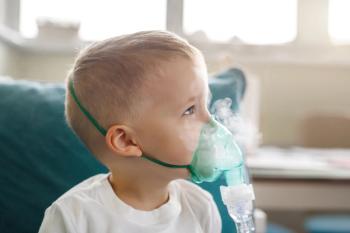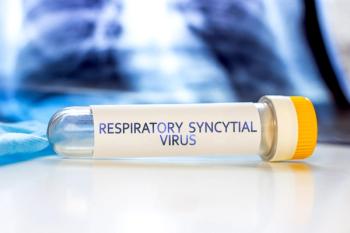
Arexvy and Abrysvo Potentially Cost-Effective in Older Adults
A new study highlighted the potential benefits of RSV vaccination, suggesting that the vaccines could provide both individual and societal cost savings.
A recent
Led by researchers at the University of Michigan's School of Public Health and funded by the CDC,
The primary objective was to estimate avoidable RSV illnesses and calculate the cost-effectiveness of Arexvy and Abrysvo in adults aged 65 years and older and in adults aged 60 to less than 65 years of age. Secondary objectives included assessing the cost-effectiveness of RSV vaccination in other age subgroups and determining the number of people who needed to be vaccinated to prevent certain health outcomes.
The team assessed the cost-effectiveness of the RSV vaccines by tracking RSV-related healthcare utilization, such as outpatient appointments, emergency visits, hospital stays, and RSV mortality.
The findings reveal varied costs per quality-adjusted life-year (QALY) saved, depending on age and the type of vaccine. For those aged 60 and older, the cost per QALY saved was estimated at $196,842 for Arexvy and $176,557 for Abrysvo. The cost savings were significantly higher for the 60 to 64 age group, indicating a complex relationship between age, vaccine efficacy, and cost.
With the aging population at heightened risk for severe RSV complications, the introduction of effective vaccines could lead to substantial savings in healthcare costs and better health outcomes. The researchers point out that factors like vaccine efficacy, hospitalization rates, and vaccine costs significantly influence the overall cost-effectiveness of the vaccination strategy.
Hutton and the team acknowledged the study’s limitations. The analysis stratified the population solely by age, omitting other risk factors for RSV complications that may influence cost-effectiveness. The study did not factor in indirect benefits from vaccination, such as reduced virus transmission and potential long-term health improvements. Additionally, the lack of data on non-hospitalized RSV cases and out-of-hospital deaths presents a gap in understanding the full impact of the vaccine.
Hutton notes, “RSV causes a substantial health burden in older individuals in the United States. The new RSV vaccines are effective, but they also come with risks of adverse events and are relatively expensive. We found that immunizing older individuals should lead to an overall improvement in health, and, although they do not pay for themselves, vaccinating is likely a worthwhile investment for the health gains they provide, particularly in older individuals at higher risk of respiratory illness. This means payers should be much more likely to reimburse for vaccinating older, higher-risk populations with these new vaccines.”
Newsletter
Get the latest industry news, event updates, and more from Managed healthcare Executive.
























